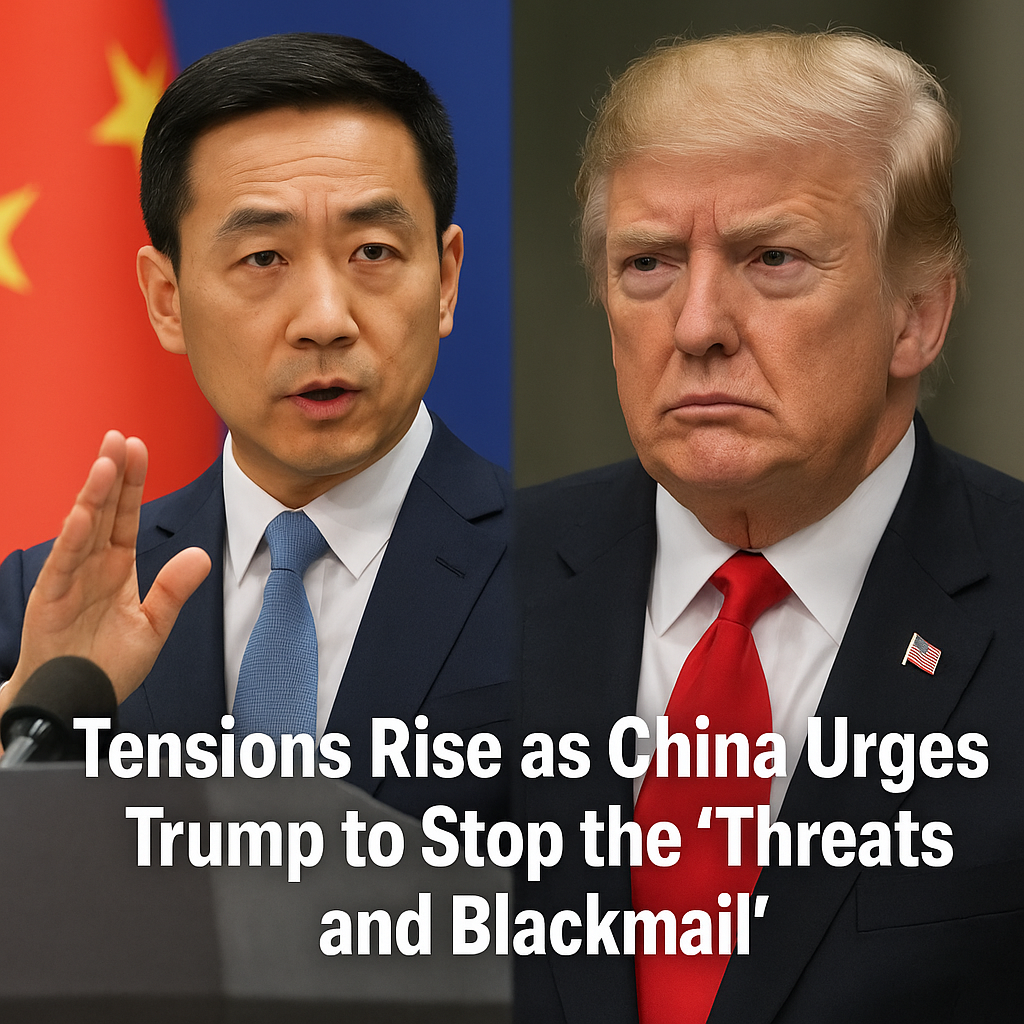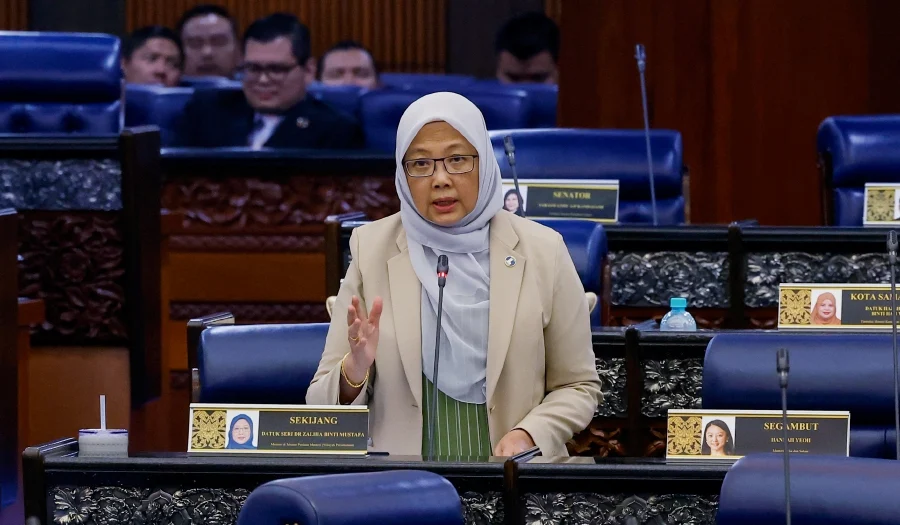In a firm yet measured response, China has asked the United States to step back from threats and pressure, urging instead for respectful and fair dialogue to resolve their ongoing trade dispute. This comes after former U.S. President Donald Trump suggested it was up to China to initiate negotiations to end the increasingly costly trade war.
Over the past months, Trump has dramatically escalated tariffs on Chinese goods—some by as much as 145%—blaming Beijing for unfair trade practices and its alleged connection to the U.S. fentanyl crisis. China, in turn, responded with 125% tariffs on American products, deepening tensions between the two economic giants.
“If the U.S. truly wants to find a solution, it needs to stop the threats and blackmail,” said Chinese Foreign Ministry spokesperson Lin Jian on Wednesday. “We’re open to dialogue, but it must be based on equality, respect, and mutual benefit.”
Lin emphasized China’s consistent position: no one wins in a trade war. “We do not seek conflict, but we are not afraid of defending ourselves if needed,” he said.
Despite the conflict, China’s economy showed surprising resilience in the first quarter of the year, growing by 5.4%. Many exporters rushed to ship goods ahead of the new U.S. tariffs, though analysts warn that the true economic impact will likely emerge in the coming months.
Trump’s administration has selectively softened the blow, granting temporary exemptions for consumer tech like smartphones and laptops. But the message from the White House remains clear: the U.S. believes it holds the upper hand. “The ball is in China’s court,” read a statement from Trump’s office.
Elsewhere in Asia, countries are closely watching the situation. Japan’s trade envoy expressed hope for a “win-win” resolution, while South Korea’s finance minister stressed the importance of minimizing uncertainty for their businesses operating globally.
In a related development, carmaker Honda announced it would shift production of one of its hybrid models from Japan to the U.S., highlighting the ripple effects of the trade conflict. “It’s about meeting demand where it exists,” said a company spokesperson.
Meanwhile, tech markets took a hit as chipmaker Nvidia warned of a $5.5 billion revenue drop due to new U.S. licensing restrictions targeting China.
Tensions are high, stakes are global, and both sides are being urged—by the world and by each other—to return to the negotiating table with patience, clarity, and a focus on mutual prosperity.




